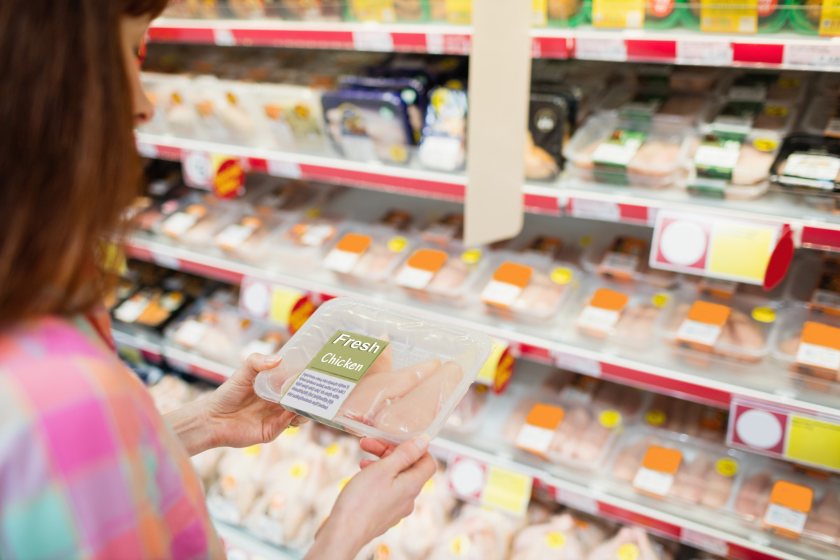Farming campaigners push MPs to toughen supply chain rules

Cancelled orders, late payments and rock-bottom prices: campaigners say supermarkets are squeezing farmers so hard that many face ruin.
The warning comes from Sustain and organic veg box company Riverford, who are urging the public to press MPs for tougher rules.
Their joint campaign, #GetFairAboutFarming, launched two years ago, continues to highlight the pressures faced by farmers supplying Britain’s biggest retailers.
Research commissioned by Riverford shows farmers still face widespread unfair practices, from the threat of delisting if they speak out to wasted crops and missed payments.
The figures are stark: 67% fear losing contracts if they complain, one in five reported wasting entire crops due to cancellations, and nearly a third said supermarkets failed to pay on time.
Campaigners argue that this is forcing many to accept unprofitable prices, pushing them towards more intensive farming methods simply to stay afloat.
In Defra’s own Farmer Opinion Tracker earlier this year, supply chain fairness was identified as a major concern, with respondents pointing to “the need to ensure that nature friendly farming is encouraged through profitability.”
At present, oversight of the food supply chain is divided between two separate regulators. The Groceries Code Adjudicator (GCA), set up in 2013, reports to the Department for Business and Trade and covers relationships between the UK’s 14 largest supermarkets and their direct suppliers.
The Agriculture Supply Chain Adjudicator (ASCA), created under the Agriculture Act 2020, reports to Defra and is responsible for farmers’ dealings with processors and packagers.
However, campaigners say the split system leaves many producers unprotected. Farmers rarely supply supermarkets directly, meaning they fall outside the GCA’s remit, while ASCA has so far published binding codes for only two sectors — milk and pigs. Even when complaints succeed, it is intermediaries rather than supermarkets that are penalised.
Riverford and Sustain want to see a single, well-resourced regulator with the power to enforce fairness across the entire supply chain. They are calling for the GCA’s remit to be expanded so that supermarkets can be held directly accountable.
This summer, MPs tabled an Early Day Motion in parliament calling for precisely such changes. Campaigners warn that the foundation of the rural economy, culture and landscape is at risk if supermarkets continue to abuse their power.
The pressure coincides with two government reviews — one into the effectiveness of the GCA, and another examining farm profitability. Against a backdrop of climate change, volatile markets and recent policy U-turns, farmers say their financial position is increasingly precarious.
Campaigners argue that this moment is crucial for tackling what they call a long-standing imbalance between food producers and retailers.
They warn that if farmers cannot make a fair living, “they can’t produce the food we rely on,” leaving businesses vulnerable to debt, mental health crises and environmental harm.








